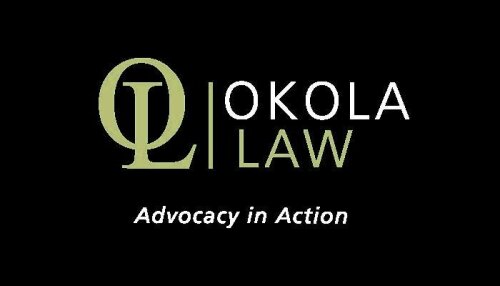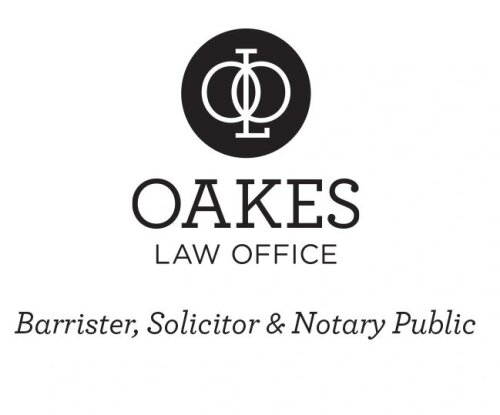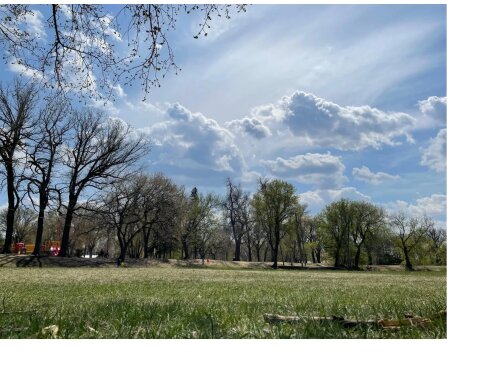Best Private Client Lawyers in Toronto
Share your needs with us, get contacted by law firms.
Free. Takes 2 min.
List of the best lawyers in Toronto, Canada
About Private Client Law in Toronto, Canada
Private Client law in Toronto, Canada, refers to a specialized area of legal practice focused on assisting individuals and families with personal legal matters. This typically includes estate planning, wills, trusts, powers of attorney, tax planning, administration of estates, succession planning for business owners, guardianships, and related services. Toronto’s legal professionals help clients safeguard their wealth, ensure smooth inheritance processes, and provide for their loved ones according to their wishes. The legal landscape is shaped by both federal and provincial laws, making it important to work with lawyers who have experience in Ontario’s unique legal environment.
Why You May Need a Lawyer
There are several common situations in which individuals and families in Toronto may require the support of a Private Client lawyer:
- Drafting or updating a will to clearly specify how your assets are to be distributed after your death.
- Setting up family trusts or other estate planning instruments to protect wealth and reduce taxes.
- Addressing complex family circumstances, such as blended families, loved ones with disabilities, or international assets.
- Applying for guardianship when a loved one loses capacity to make decisions about their property or personal care.
- Navigating probate and the estate administration process after someone passes away.
- Minimizing tax liabilities for yourself or your beneficiaries.
- Resolving disputes related to estates, wills, or trusts, including claims of undue influence or lack of capacity.
- Advising on charitable giving and setting up private foundations.
- Protecting vulnerable family members through careful legal planning and protective legal tools.
Local Laws Overview
Private Client law in Toronto is governed largely by the provincial laws of Ontario, with some aspects regulated federally. The most important legal frameworks include:
- Wills: The Succession Law Reform Act (Ontario) outlines how wills must be created, the rules for valid execution, and the distribution of assets if there is no will (intestacy).
- Trusts: Trusts law is governed by both the common law and the Ontario Trustee Act. Trusts can be used to manage assets for beneficiaries, minimize taxes, or address specific personal or family needs.
- Probate and Estate Administration: When someone dies, probate grants the executor authority to deal with the assets and liabilities of the deceased. The process varies based on the size and complexity of the estate.
- Powers of Attorney: Ontario law allows individuals to appoint others to make decisions regarding their property or personal care through powers of attorney documents.
- Guardianship: If a person loses the capacity to manage their own affairs and has not appointed an attorney, the courts can appoint a guardian via the Substitute Decisions Act.
- Tax Considerations: Many aspects of estate planning and administration intersect with Canadian tax law, including capital gains, deemed disposition on death, and probate taxes (Estate Administration Tax in Ontario).
Frequently Asked Questions
What is a will and why is it important?
A will is a legal document that specifies how you want your assets distributed after your death and names an executor to manage your estate. It ensures your wishes are respected and can help avoid family disputes or intestacy, where assets are distributed according to provincial law rather than your preferences.
What happens if I die without a will in Toronto?
If you die without a valid will, your estate is considered intestate. Ontario’s Succession Law Reform Act dictates how your assets are distributed, which may not align with your wishes. An administrator is appointed by the court to manage the estate process.
What is probate and do all estates go through probate in Toronto?
Probate is a legal process that confirms the validity of a will and grants authority to the estate trustee (executor) to administer the estate. Not all estates require probate, but it is often necessary to transfer assets such as real estate or large financial accounts.
How can I minimize taxes on my estate?
Through careful planning, such as using trusts, joint ownership, charitable gifts, and naming beneficiaries on certain accounts, you can potentially reduce estate administration taxes and other tax liabilities. Consult a lawyer or tax advisor for specific strategies.
Can I change my will after drafting it?
Yes, you can update or change your will at any time as long as you have mental capacity. Changes must be made formally, usually through a new will or a legal document called a codicil.
How do I set up a power of attorney in Ontario?
You can prepare a power of attorney document for property and for personal care, naming someone you trust to manage your affairs if you cannot. These documents must meet specific legal requirements and be properly executed.
What happens if a family member becomes incapable and does not have a power of attorney?
If there is no power of attorney, it may be necessary to apply to the court for guardianship, which authorizes someone to make decisions for the incapable person. This process requires court approval and oversight.
What should I consider when choosing an executor or trustee?
Select someone trustworthy, organized, and capable of handling financial and legal matters. Consider their willingness and ability to take on the responsibility, and whether they will be impartial if disputes arise.
When should I review my estate plan?
It is advised to review your estate plan regularly, especially after major life events like marriage, divorce, birth of a child, or significant changes in assets or family circumstances.
Are trusts only for wealthy individuals?
No, trusts can be useful for many people, not just the wealthy. They can help manage assets for minors, protect beneficiaries with disabilities, provide privacy, or achieve specific estate planning goals.
Additional Resources
There are several organizations and governmental bodies available to support individuals seeking advice or assistance with Private Client matters in Toronto:
- Law Society of Ontario - Offers a lawyer referral service and information on legal rights.
- Ontario Ministry of the Attorney General - Provides public guidance on wills, powers of attorney, and estate administration.
- Ontario Bar Association - Lists lawyers and resources for estate planning and trusts.
- Ontario Court Forms - Source for forms related to probate and guardianship applications.
- Community legal clinics - Provide legal information and in some cases services for those who qualify.
Next Steps
If you need legal assistance in Private Client matters, consider the following steps:
- Assess your needs: Identify what issues you require help with, such as drafting a will, setting up a trust, or navigating probate.
- Gather relevant documents: Collect information on your assets, existing legal documents, and family structure.
- Seek professional advice: Contact a qualified Private Client lawyer in Toronto who is experienced with Ontario law.
- Meet for a consultation: Discuss your circumstances, goals, and concerns. Ask about the process, timelines, and fees.
- Take action: Follow through with your lawyer’s recommendations to implement your estate plan or address your legal needs.
- Review regularly: Periodically revisit your plan to ensure it stays current as laws or personal circumstances change.
Consulting with a knowledgeable lawyer is the best way to secure peace of mind, protect your interests, and ensure your wishes are carried out in accordance with the law.
Lawzana helps you find the best lawyers and law firms in Toronto through a curated and pre-screened list of qualified legal professionals. Our platform offers rankings and detailed profiles of attorneys and law firms, allowing you to compare based on practice areas, including Private Client, experience, and client feedback.
Each profile includes a description of the firm's areas of practice, client reviews, team members and partners, year of establishment, spoken languages, office locations, contact information, social media presence, and any published articles or resources. Most firms on our platform speak English and are experienced in both local and international legal matters.
Get a quote from top-rated law firms in Toronto, Canada — quickly, securely, and without unnecessary hassle.
Disclaimer:
The information provided on this page is for general informational purposes only and does not constitute legal advice. While we strive to ensure the accuracy and relevance of the content, legal information may change over time, and interpretations of the law can vary. You should always consult with a qualified legal professional for advice specific to your situation.
We disclaim all liability for actions taken or not taken based on the content of this page. If you believe any information is incorrect or outdated, please contact us, and we will review and update it where appropriate.
Browse private client law firms by service in Toronto, Canada
Toronto, Canada Attorneys in related practice areas.














